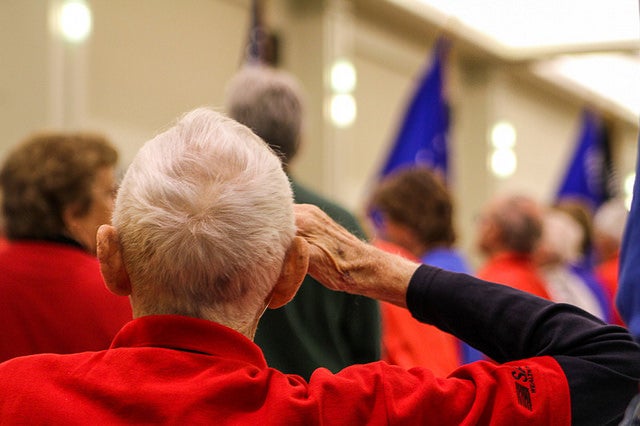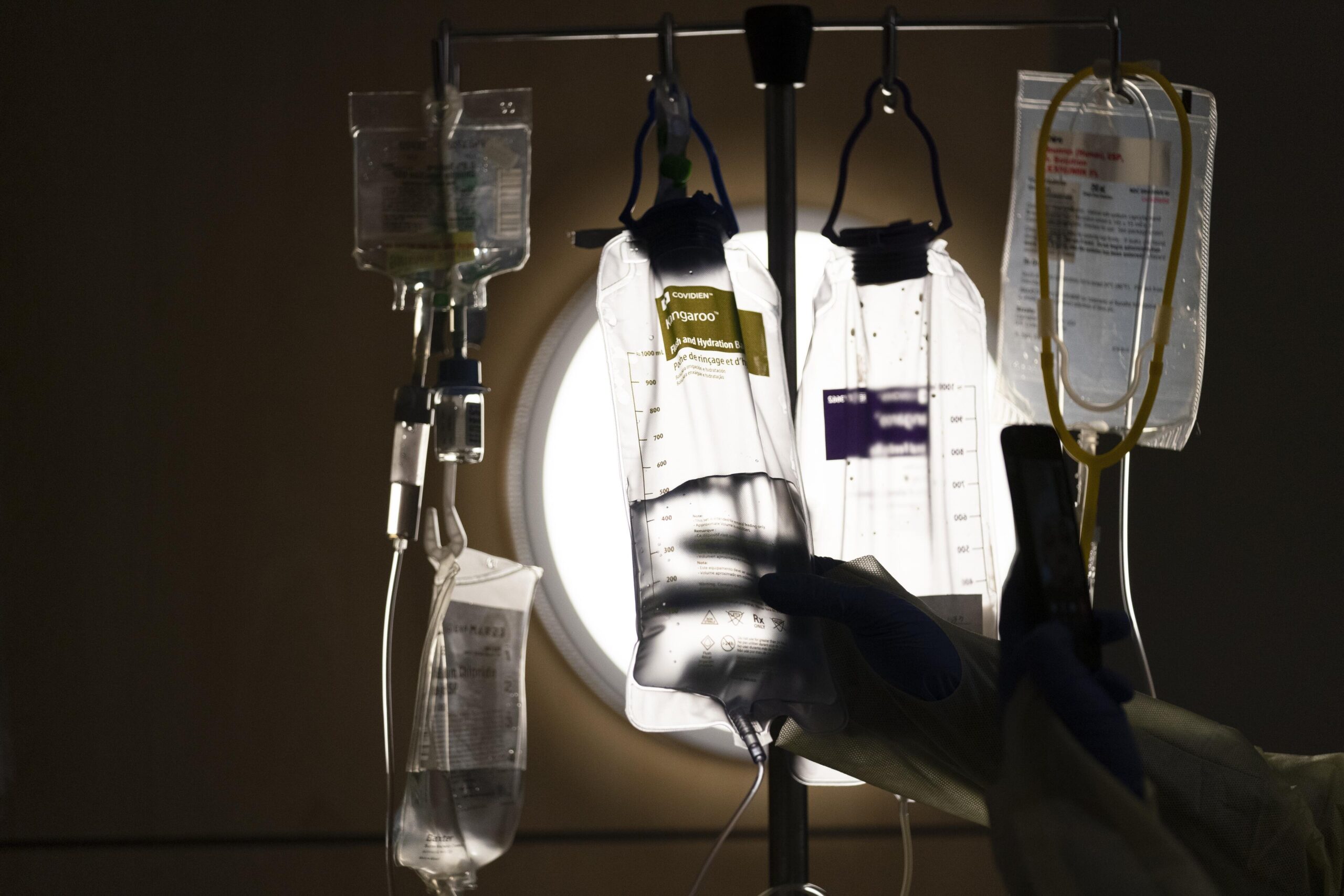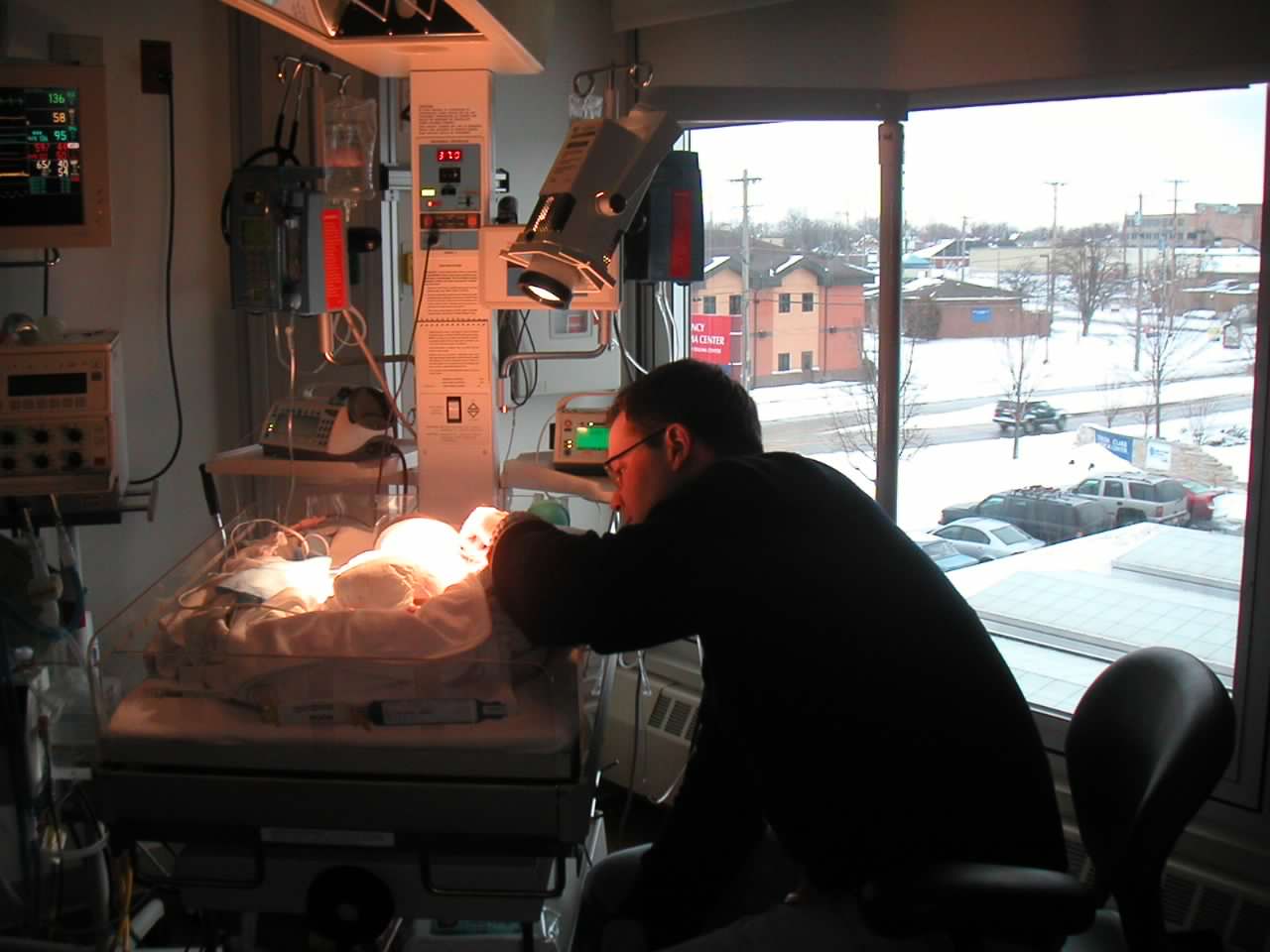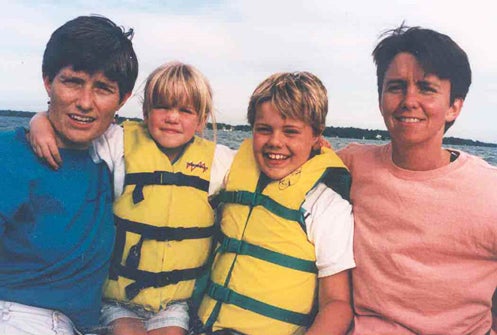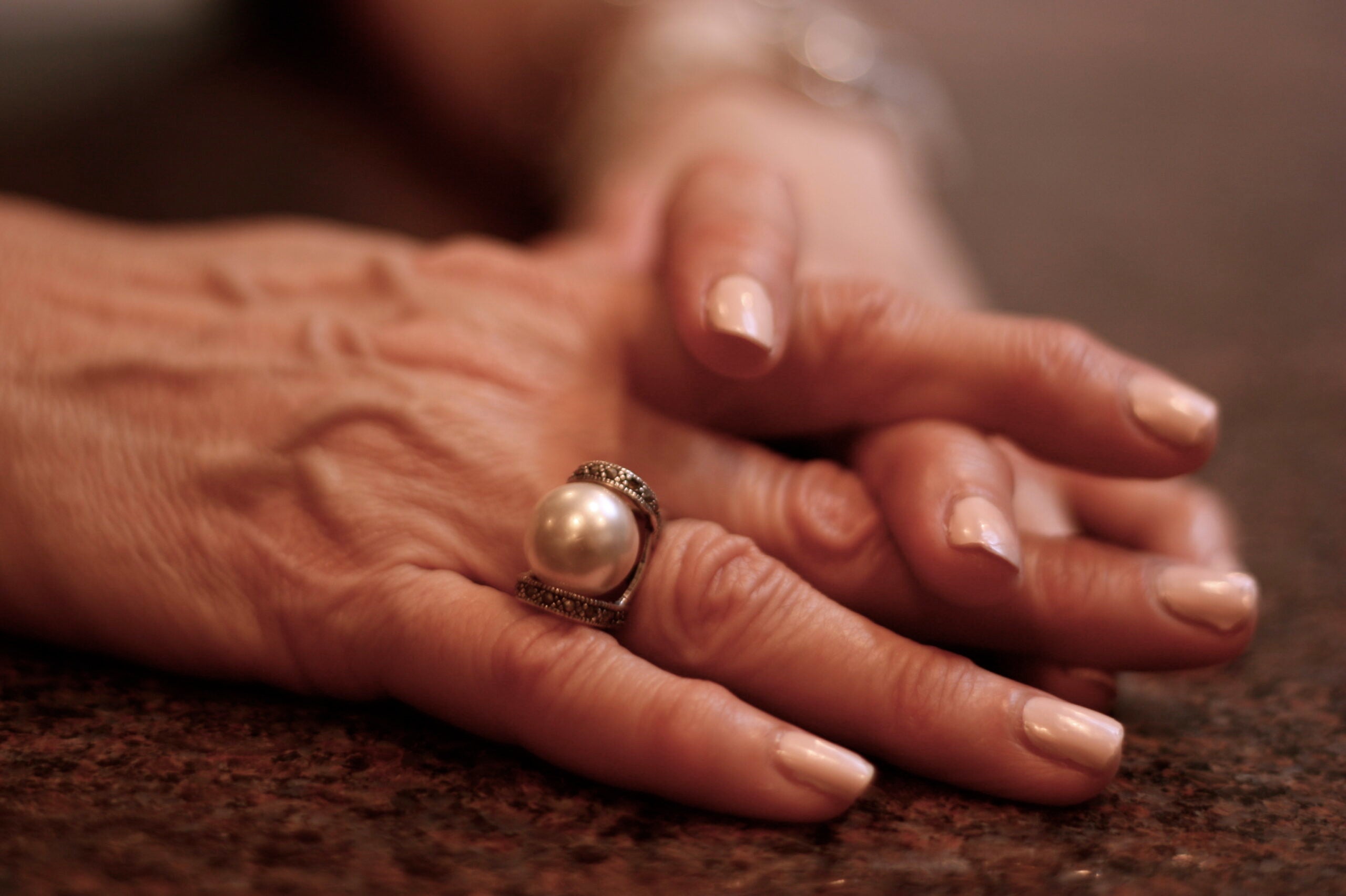I lecture far and wide — from Singapore to India, from Madison to Minneapolis. What I’ve learned from that, from my radio show and from doing seminars is that stories move information best. Success stories, failure stories — it’s that human dimension that makes us wake up and smell the coffee.
This struck me when I saw one of my favorite patients, Beth (not her real name), in my office the other day. I asked her permission to share her story.
First off, Beth is 90. She worked as a nurse, in many positions — an Army nurse in World War II, staff nurse, charge nurse, nursing educator. She is smart, very well-educated, compassionate — an on-point person. Her mind today is as sharp as it has ever been — no Alzheimer’s or dementia here.
News with a little more humanity
WPR’s “Wisconsin Today” newsletter keeps you connected to the state you love without feeling overwhelmed. No paywall. No agenda. No corporate filter.
Beth has never smoked, has had a reasonable diet, liked to garden and walk. She has led a good lifestyle. But even good people can get struck down by bad disease.
In this case, it started with her blood pressure, moved on to diabetes, and then progressed to peripheral vascular disease. That’s where the blood vessels outside the heart, in the peripheral circulation, are compromised. In most instances, this strikes the legs. Beth’s leg circulation was very, very poor.
So, in stepped infections — foot infections, eventually moving up the leg, treated with antibiotics and fancy technology. But despite those efforts, the only way to banish the infection, to keep her alive, was to amputate the leg.
It worked. In fact, it worked well, and Beth flourished. That is, until this dastardly disease struck the other leg. Same thing, same result: The leg was removed.
Without any legs, obviously, a person needs more care. Beth couldn’t stay at home on her own. Even with help from her best friend, who was also in her 90s, it was hard for Beth to lift herself on to the toilet, clean up, etc.
So off to the nursing home she went. Got the picture?
A short aside here: One of the recent highlights of Beth’s life was going with her best friend, another former Army nurse, on the Badger Honor Flight from Madison to Washington, D.C. Such trips, free for aging veterans, show gratitude for their service by giving them the opportunity to see memorials, Arlington Cemetery and other meaningful sites.
Upon their return, after a long day filled with activity, the airport is buzzing with well-wishers cheering them and thanking them for their service. It would bring a tear to anyone’s eyes. (For those who want to know more, check out the Badger Honor Flight’s website.)
Beth said the trip was one of the finest experiences of her life. And that’s important, because this is one resilient lady.
Several weeks ago, she came into my office for a checkup (transported by a special van designed for wheelchairs). I had not seen her for six months, since she lost the second leg. She’s in a rural nursing home that I don’t visit, and I had handed off her care to another doctor.
She was coming in because they thought she could move down a notch of care into assisted living. I was there to give my opinion.
When I walked into the room, I was dumbstruck by her smile. She was beaming.
She was so excited to move to a different space. She couldn’t stop telling me how nice the staff was at her nursing home, how kind, compassionate and caring they were, how great the care was — and as a health care professional, she knows good care.
And then there was this line, the reason I’m sharing this story in the first place. She said, “I am very, very happy. Really happy.”
I thought to myself, “happy” is not the word I would use if I had lost both legs and had to live in and out of a nursing home during the last chapter of my life. But happy she was. Happy she is.
She knows her faith is part of this equation. She knows that optimism — the half-full/half-empty glass thing — is part of the equation. She knows she has a choice, and she’s on the happy end.
And when our visit was finished, her friend wheeled her out of the office, both of them beaming.
This left me awestruck. Resilience in the face of adversity can be astounding. There are undoubtedly many components that affect our outlook — early childhood experiences, genetics, how we live our life, friends, family and, for many, faith.
Perhaps there’s luck involved, too. And I think we can all move the needle toward a more resilient life by doing good deeds for others; that always awakens the heart.
I’m telling this story because during the dark times — a chilly winter, long nights, short days and an uncertain future in so many ways — it is good stories that lift us up, keep us up. Stay well.
Wisconsin Public Radio, © Copyright 2025, Board of Regents of the University of Wisconsin System and Wisconsin Educational Communications Board.

